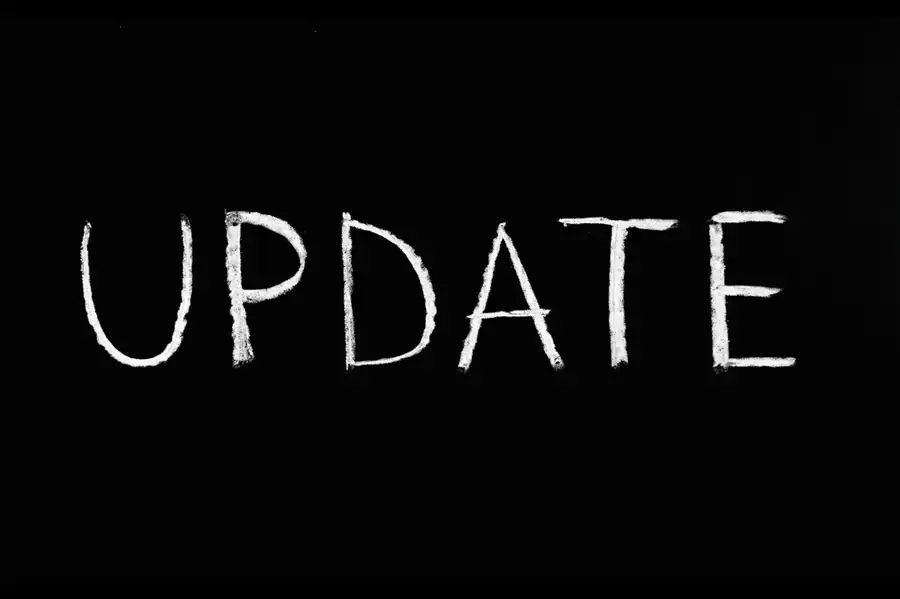As insurance adjusters and claims managers, staying abreast of legal developments that affect our handling of Medicare-related claims is crucial. A recent ruling by the United States District Court for the Eastern District of Michigan has significant implications for how we manage conditional payments and our reporting obligations. Let’s break down what this means for us in the trenches of claims management.
The Impact of Sixth Circuit False Claims Act on Conditional Payments Ruling
by
Sheryl Thompson
Senior Medicare Compliance Specialist
The Ruling: A Game-Changer for Conditional Payments
On June 27, 2024, the court addressed a pivotal question: When does a primary payer’s obligation to reimburse Medicare kick in? The answer: only after Medicare has made a conditional payment. This ruling in the case of United States of America, Michael Angelo, and MSP WB, LLC v. Allstate Insurance Company is a significant clarification of our responsibilities under the Medicare Secondary Payer Act (MSP Act).
What This Means for Us:
- Timing of Reimbursement: We no longer need to scramble to reimburse Medicare the moment we become aware of our payment responsibilities. Our obligation only arises after Medicare has made a conditional payment.
- Reserve Management: This clarity allows us to manage our reserves more effectively. We can now allocate funds with more precision, knowing when our financial obligations are likely to kick in.
- Compliance Strategies: It’s time to revisit and potentially adjust our compliance strategies. We need to ensure our processes align with this ruling, focusing on timely and accurate reimbursement post-conditional payment.
False Claims Act (FCA) Implications
The court’s decision also touched on False Claims Act liability, which is always a concern for us in the insurance industry. The plaintiffs in this case couldn’t prove that Allstate had “knowingly” misreported or engaged in a “concerted scheme” to defraud the government through false Section 111 reporting.
Key Takeaways for Adjusters and Managers:
- Reporting Accuracy: While Allstate dodged the FCA bullet this time, the case serves as a stark reminder of the importance of accurate Section 111 reporting. Let’s double-check our reporting processes and ensure we’re providing accurate beneficiary information to CMS.
- Vendor Oversight: If you’re using a third-party vendor for Section 111 reporting, like Allstate did with Insurance Services Office, Inc. (ISO), maintain close oversight. Remember, incorrect reporting could still lead to costly litigation, even if it doesn’t result in FCA liability.
- Documentation is Key: In case of any disputes, thorough documentation of our reporting processes and decision-making will be crucial. Let’s make sure our files are audit-ready at all times.
MedicareComplianceCenter.com’s Perspective
At MedicareComplianceCenter.com, we view this ruling as a positive development for the insurance industry. It provides much-needed clarity on our obligations and potentially reduces the risk of False Claims Act liability. However, we caution against viewing this as a relaxation of our responsibilities.
Our Recommendations:
- Stay Vigilant: Continue to monitor and report accurately. This ruling doesn’t change our fundamental obligations under the MSP Act.
- Update Procedures: Review and update your internal procedures to reflect this new understanding of when reimbursement obligations arise.
- Educate Your Team: Ensure all adjusters and managers understand the implications of this ruling. Consider refresher training on Medicare compliance procedures.
- Consult Experts: When in doubt, don’t hesitate to consult with Medicare compliance specialists. The landscape is complex, and staying compliant is crucial.
Conclusion
This Sixth Circuit ruling provides welcome clarity on our conditional payment obligations. It allows us to manage our claims more effectively and potentially reduces our exposure to False Claims Act liability. However, it also underscores the importance of accurate reporting and robust compliance systems.
At MedicareComplianceCenter.com, we’re committed to helping you navigate these complex waters. We’ll continue to monitor developments and provide guidance to ensure your Medicare compliance efforts are always on point.
Remember, in the world of Medicare compliance, knowledge isn’t just power—it’s protection. Stay informed, stay compliant, and don’t hesitate to reach out if you need support in interpreting these legal developments for your day-to-day operations.
Citations
- United States District Court for the Eastern District of Michigan. United States of America, Michael Angelo, and MSP WB, LLC v. Allstate Insurance Company.
- CMS.gov. “Medicare Secondary Payer and Section 111 Reporting.”



